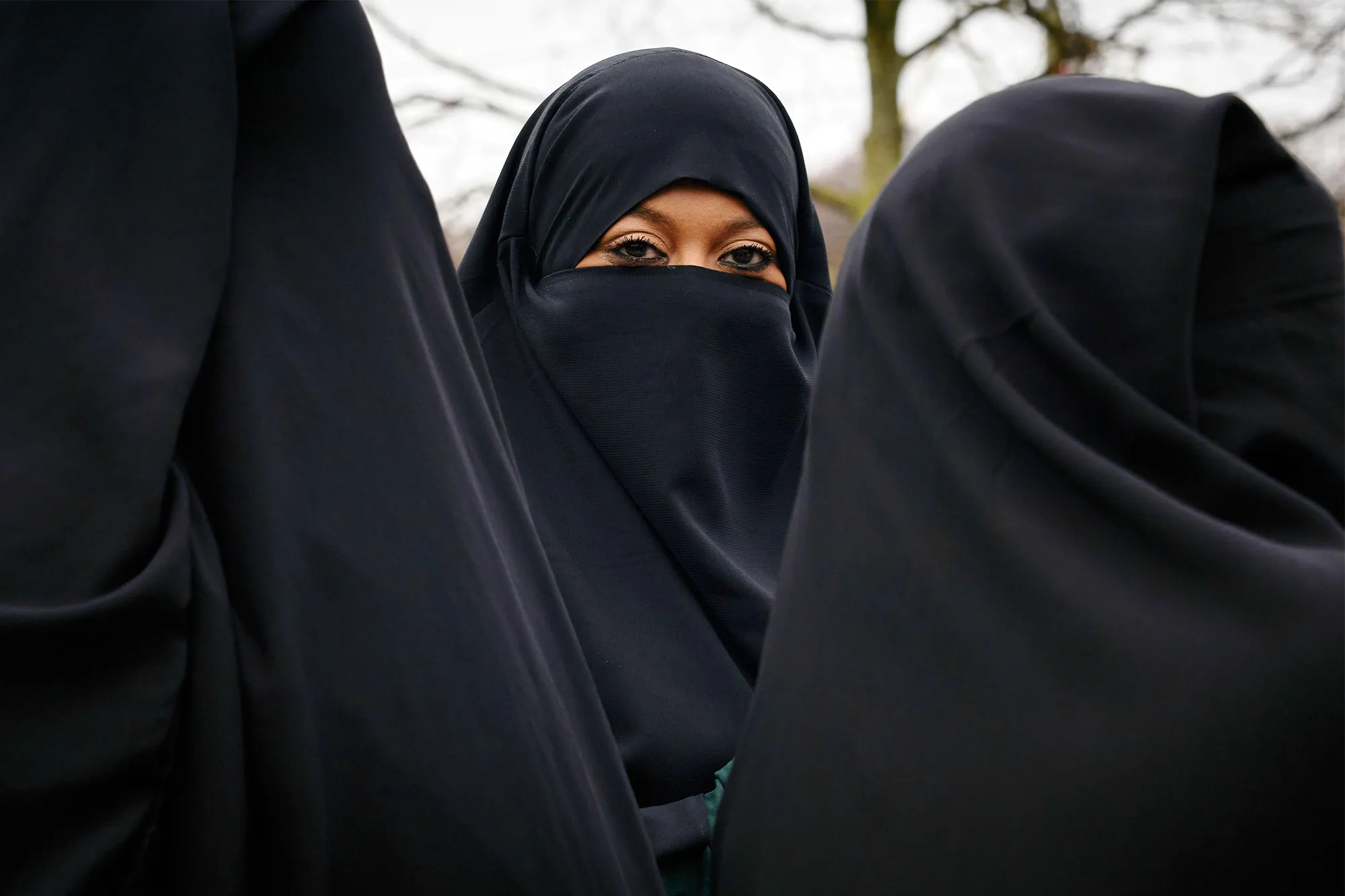Mannat Saini, Pune
The Supreme Court of India has ruled that Muslim women can claim alimony from their husbands after divorce, under Section 125 of the Code of Criminal Procedure (the law related to maintenance for wives). The judgement was delivered by Justice BV Nagarathna and Justice Augustine George Masih in response to a Muslim man’s petition, challenging a direction to pay his wife maintenance post their divorce.
A family court in Telangana had directed Mohd Abdul Samad, the petitioner to pay Rs20,000 every month to his wife for maintenance. However, he challenged the judgement in a Telangana High Court, claiming that the couple had gotten divorced under Muslim personal law in 2017.
The Telangana High Court had reduced the sum of alimony from Rs 20,000 to Rs 10,000, directing it to dismiss the case within 6 months.
However, the man challenged the judgement yet again before the Supreme Court. His attorney argued that under the Muslim Women (Protection of Rights on Divorce) Act of 1986, divorced Muslim women are not entitled to alimony under secular law.
The Supreme Court bench has overturned the appeal, stating that alimony is not a matter of charity but of the fundamental rights of the married woman, and thus Muslim women, like women from all other religious beliefs, are entitled to alimony post-divorce. The Court has held that the Muslim Women (Protection of Rights on Divorce) Act 1986 will not prevail over secular law, under Section 125 of the Criminal Procedure Code (CrPC). This implies that the petitioner will have to pay alimony to his wife under the same direction.
The decision is being appreciated by multiple communities, and the same is reflected in a tweet from the National Commission for Women’s Chairperson, Rekha Sharma which reads, “NCW Chairperson, Ms. Rekha Sharma, wholeheartedly welcomes the Supreme Court’s landmark ruling affirming the right of Muslim women to seek maintenance under Section 125 of the CrPC. This decision is a significant step towards gender equality and justice for all women.”
What is the significance of this verdict?
To understand this judgement, we must look at our contemporary history. In the Shah Bano case, in 1985, the Supreme Court ruled that Section 125 of Criminal Procedure applies to all, irrespective of their religious beliefs.
However, the law was diluted with the introduction of the Muslim Women (Protection of Rights on Divorce) Act in 1986. As per the act, women were required to claim alimony within a period of ‘iddat’, lasting till 90 days after the divorce. Post the ‘iddat’ period women would not be entitled to maintenance. Currently, the Supreme Court upholds that the man is to pay maintenance to the estranged wife till she is remarried or financially independent.
The current verdict upholds a divorced woman’s fundamental right to seek alimony, regardless of religious beliefs.
